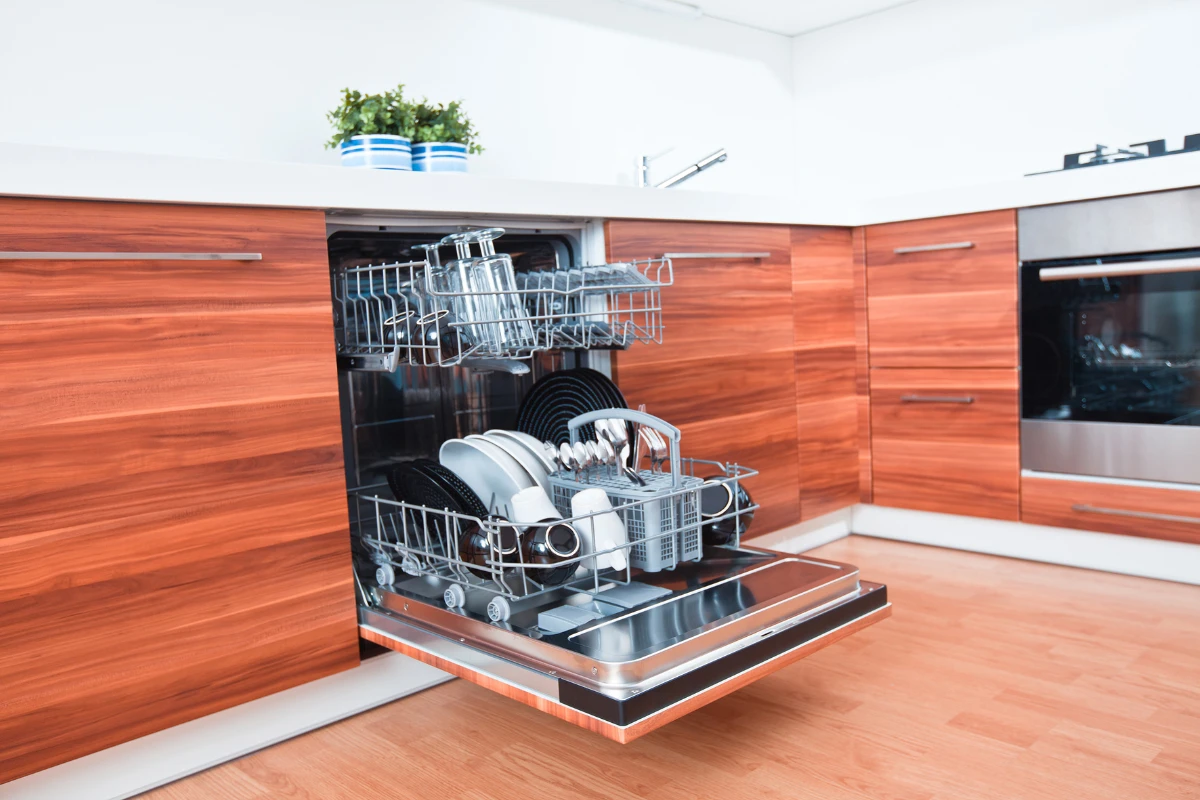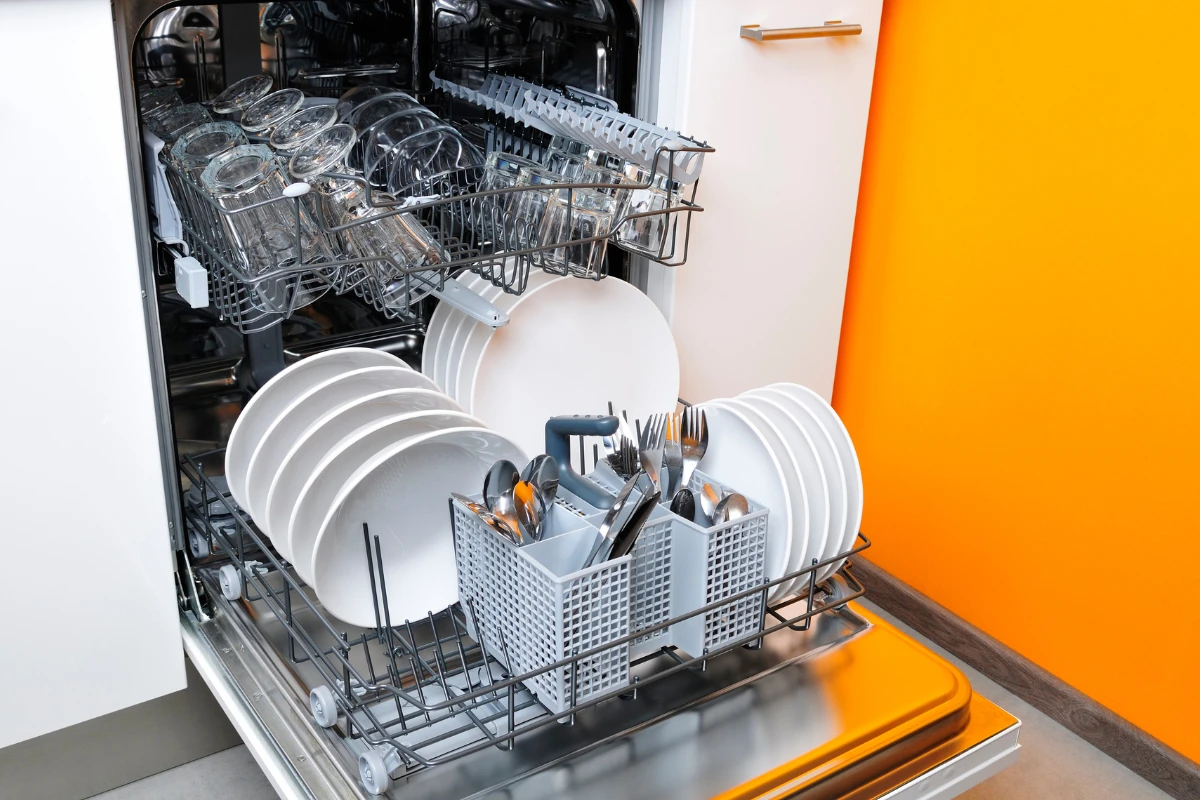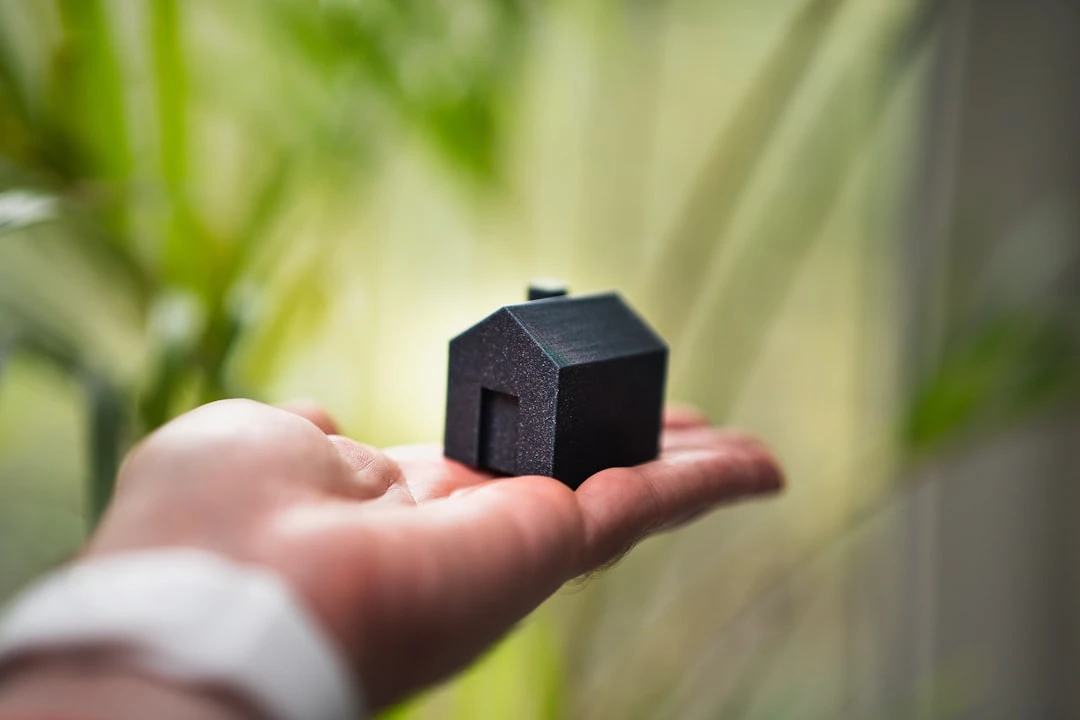Simple Tips for Cleaning Your Dishwasher at Home

Does your dishwasher no longer clean as well as it used to, or has it started to emit an unpleasant odor? Regular maintenance is key to ensuring your appliance has a long lifespan and operates efficiently. Research shows that proper maintenance can extend a dishwasher's lifespan by as much as 30-50%. Here are simple yet effective instructions on how to keep your dishwasher in good condition.
Weekly filter cleaning
Filters are the most important part of a dishwasher that requires regular maintenance:
Remove the coarse filter (A), microfilter (B), and flat filter (C) from the bottom according to the manufacturer's instructions
Rinse the filters under warm running water, removing food residue and grease
Use a soft brush for stubborn dirt
If the filters are particularly dirty, soak them for about 15 minutes in a vinegar solution (1 part vinegar, 4 parts water)
Make sure you install the filters back correctly by following the instructions (D)
Daily filter inspection and weekly thorough cleaning reduces water flow obstruction by up to 80%, ensuring better washing results. Think of it like an oil change in a car - regular maintenance prevents bigger problems later.
Dealing with seals and sprayers
Door seals collect food particles and can become moldy over time:
Wipe the door seals at least once a month with a soft cloth dampened with a vinegar-based cleaner
Carefully remove food residue without damaging the rubber seal
Check the sprayers for clogs - if any opening is blocked, clean it with a toothpick
Seals act as a weatherproof protective layer for your machine - if not properly maintained, moisture can leak, causing floor damage or even harm to neighbors. This is especially important in densely packed residential areas in apartments.
Cleaning the inside of the dishwasher
Monthly deep cleaning helps prevent unpleasant odors and remove accumulated limescale:
Run an empty dishwasher once a month on a high temperature program, adding one cup of white vinegar to the bottom of the machine
Alternatively, you can use a special dishwasher cleaning product, which is available in most grocery stores
Clean the inside of the machine, especially the bottom of the door and corners where dirt can accumulate
Don't forget to leave the machine door slightly ajar after each wash cycle to let moisture evaporate
This high-temperature cleaning cycle is like a sauna for your machine - the high heat kills bacteria and evaporates grease that would otherwise stick to the walls and hard-to-reach places.

Homemade dishwasher cleaning products
You don't always need to use expensive chemicals for effective cleaning:
White vinegar: effectively removes limescale and grease, which has been used since our grandmothers' time
Baking soda: works well for removing grease stains and odors, especially effective on door seals
Lemon juice: a natural limescale remover that leaves a fresh smell and is especially effective in hard water areas
Note! Always avoid:
Abrasive cleaners that can damage the machine's surface
Strong chemicals, especially products containing chlorine, which can react with stainless steel parts
Flammable liquids that could ignite in a hot machine
Regular maintenance schedule
Following a proper maintenance schedule helps prevent bigger problems:
Task | Frequency |
|---|---|
Filter inspection | Daily after use |
Thorough filter cleaning | Once a week |
Seal cleaning | Once a month |
High-temperature empty wash | Once a month |
Sprayer inspection | Every 2-3 months |
This schedule may seem tedious at first, but soon becomes as automatic a habit as brushing your teeth. A quick filter check takes only 10 seconds but can save you hundreds of euros in repair costs.
Problems and their prevention
Timely maintenance helps prevent common issues:
Poor washing results: usually caused by dirty filters or clogged sprayers. If you notice streaks on glasses or dishes not cleaning completely, check the filters first.
Unpleasant odor: occurs from the accumulation of food residue and moisture. You can add half a cup of baking soda to the bottom of the machine between regular cleanings and leave it overnight.
White layer on dishes: indicates limescale formation or hard water. In hard water areas, it's especially important to use a water softener and regularly clean with vinegar.
Machine not drying properly: may result from lack of rinse aid or keeping the door closed after the wash cycle. Leaving the door slightly ajar after the wash cycle is as important as the proper wash itself.
If you notice changes in your dishwasher's operation, act immediately - a small problem can quickly become a major malfunction, such as leaking seals, which can cause water damage.
When living in an apartment, regular dishwasher maintenance is definitely worthwhile, as it helps prevent costly repairs. Some Tallinn apartments are compact and appliance replacement can be complicated and expensive.
Regular maintenance of household appliances is an important part of overall home upkeep. If you're interested in cleaning other household appliances, read our article about washing machine cleaning or learn how to prevent mold in the bathroom.
Regular dishwasher maintenance may seem tedious, but investing a few minutes a week in your appliance's upkeep can save you hundreds of euros on buying a new machine and ensures always clean dishes in your home. Your dishwasher will thank you with every cleaning for a longer lifespan and more efficient operation!




